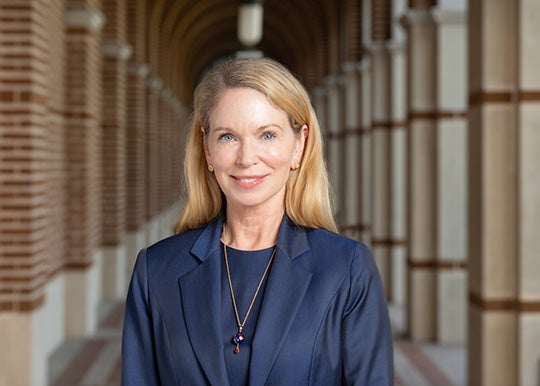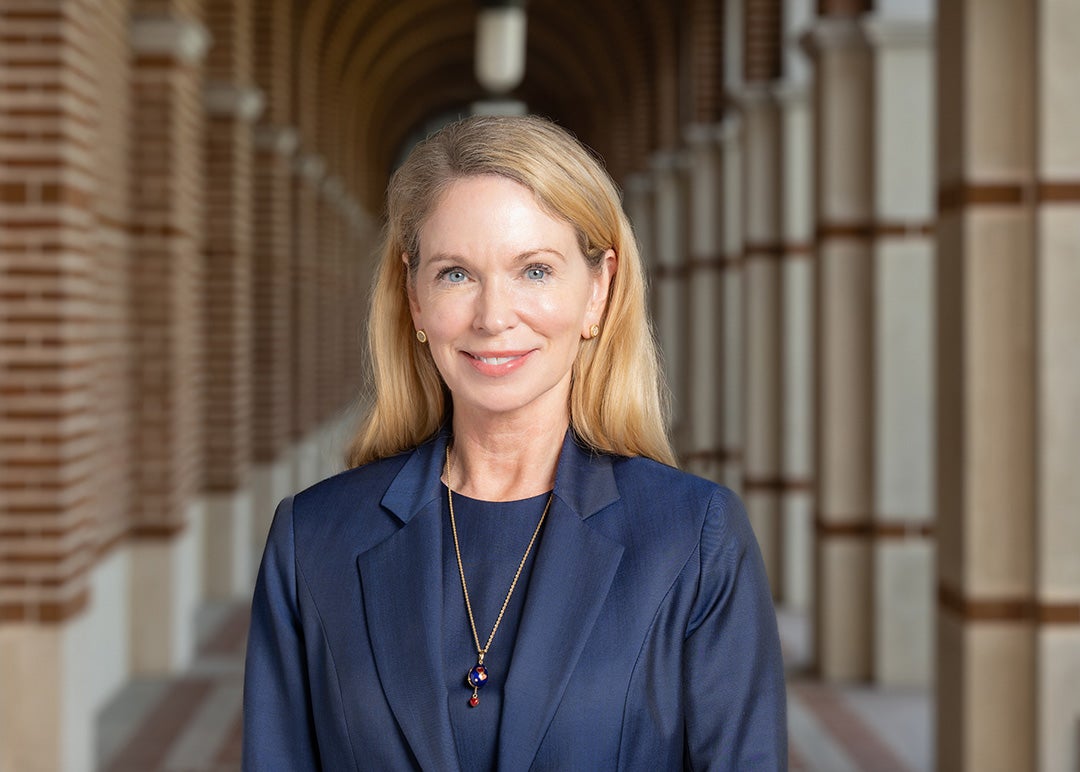Caroline Levander, Rice’s Vice President for Global Strategy, recently moderated the Fulbright Lens speaker series event “Academic Frontiers: Leadership & Innovation in Higher Education Today,” a virtual panel that brought together experts from Columbia, Georgetown and Rutgers universities. The conversation explored how institutions are navigating rapid change across admissions, policy, technology and academic freedom.

Levander guided the discussion through themes that define the current higher education landscape and panelists highlighted how access and equity remain central concerns, particularly in light of shifting student loan policies, affirmative action rulings and changing immigration dynamics. They emphasized the need for universities to sustain pathways for first-generation students and those from underrepresented communities while ensuring they are supported once on campus.
The conversation also addressed growing public skepticism about the value of higher education. The panel underscored that institutions must not only demonstrate the economic return of a degree but also communicate the broader civic, cultural and intellectual benefits of a university education.
Technology, particularly artificial intelligence, emerged as both a disruptive force and a potential tool. The panel noted that AI is already reshaping admissions, teaching and assessment, requiring universities to balance innovation with safeguards against bias and erosion of academic integrity.
Another focal point was academic freedom, which participants described as essential to research, teaching and the vitality of democratic society. They discussed strategies for institutions to work collectively in defending scholarly independence amid political and financial pressures.
Throughout the event, Levander’s moderation tied together the panelists’ diverse perspectives, framing the challenges not as isolated issues but as interconnected opportunities for reinvention. She closed by urging universities to envision what success should look like in the coming decade — more inclusive, resilient and innovative.
Levander’s forthcoming book “Invent Ed: How an American Tradition of Innovation Can Transform College Today” expands on many of these themes, offering a bold vision for renewing U.S. higher education. The full discussion with more insights from Levander and her fellow panelists is available to watch through the Fulbright Lens speaker series.

